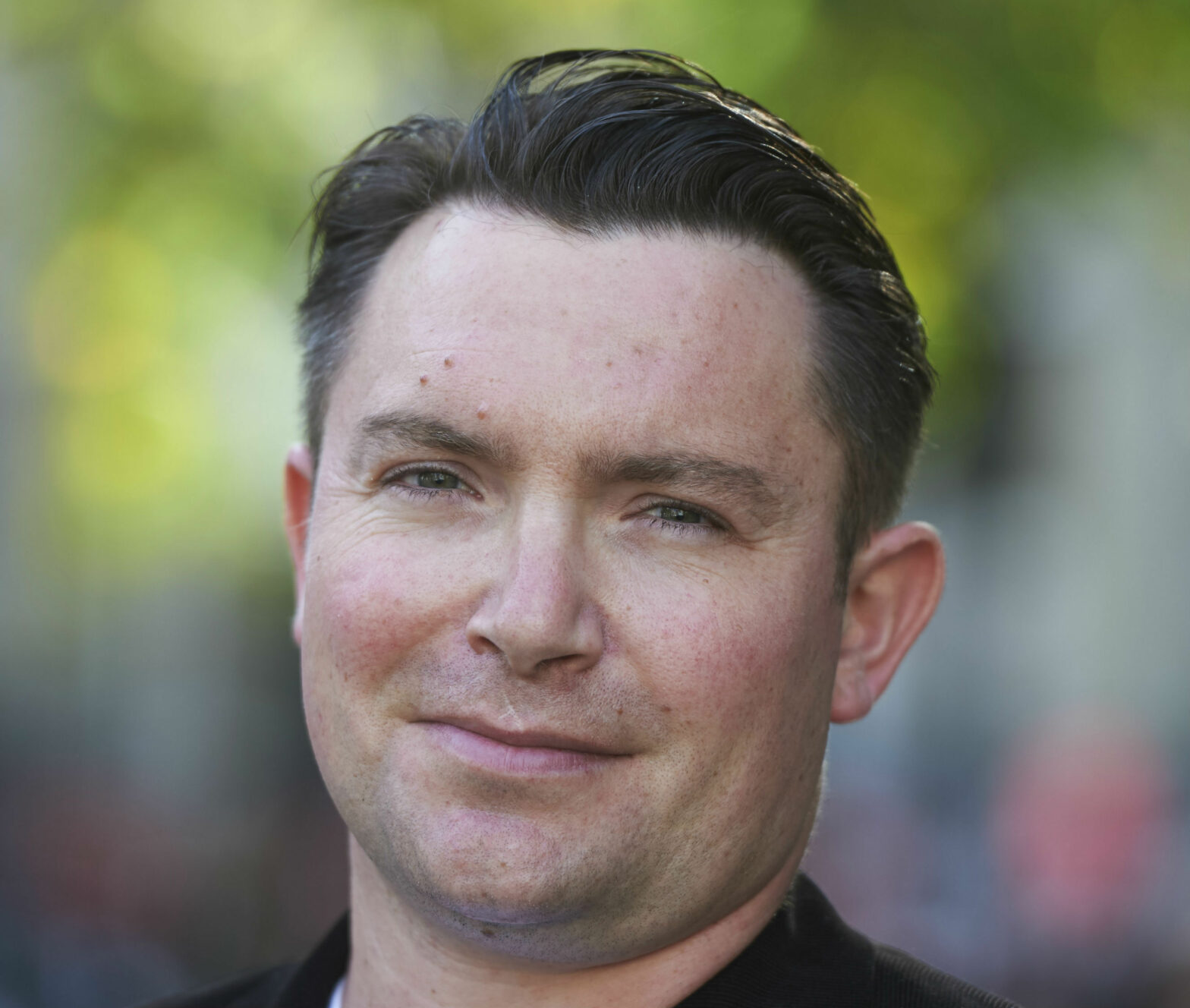Like many business leaders experience at some point, this will be my ‘Year of the Plane’ as I travel to different parts of the world to expand my business. Since October 2014, we have demonstrated that what we do can literally change the world. 2015 is about making it stick and making as big an impact as possible.
What that means for me is constantly wondering how to do what we do better and bottle what we do well for other markets.
I’ve just spent a week in the UK with our team, preparing for team growth and observing life, which forced me to focus on how you grow, both as a company and a leader, to manage an international business.
Plane perspective – get close to avoid history
While growing a business, it’s crucial to spend time away from home base and the team. You always see things differently when you’re away. Your perspective on things changes through lack of immersion. When you do so, you notice the things that rise to the top of the worry list often are not the normal culprits. The clarity provided by witnessing how an overseas team, essentially an island from history, deals with the product, the customer and the goal is really enlightening. It forces a new perspective without the baggage of history and the jaded and biased perspective that this brings. Liberating but challenging.
However, it’s not easy.
As we’ve expanded overseas, I have a new favourite phrase – “the tyranny of distance”. Communication, or typically the lack of proper communication, breeds misunderstanding, frustration, isolation and is essentially an evil that can tear a good business apart. It encompasses everything from business objectives to hiring policies.
Repelling the tyranny – invest in the how of teams, not the what
When you’re building a business you must invest in how you assess people before you add them. You must back yourself to get it right, but when you’re wrong, act swiftly as the damage a cancerous team member can cause can be permanent.
Don’t just focus on skills and experience, whilst important there are lots of people who have what you need. Focus on culture, willingness to grow and learn, and commitment to the bigger objective (it’s not a job, it’s life).
Hire and invest in people who want what you want and understand it’s a journey. Provide an environment for success but also support failure. Make it safe to fail so people can flourish. Support personal goals and interests. Nurture them as you would a vine – it’s not this year’s crop that’s the goal, it’s every subsequent year too.
On my last trip, we brought the team together from across the UK, with some of the Australian team, to define who we are and who we want to be as a business, and just as importantly, as individuals. This is important. It is crucial as a leader to commit to help people flourish in their lives, not just jobs. What I found striking was that the people in the UK are fundamentally driven by the same things as those in Australia. Obvious you may say, but I disagree. It shows the importance of robust hiring and the need to quickly fix hiring mistakes.
The challenge for tomorrow is how to recreate what we have now, quickly and repeatedly without making expensive mistakes.






